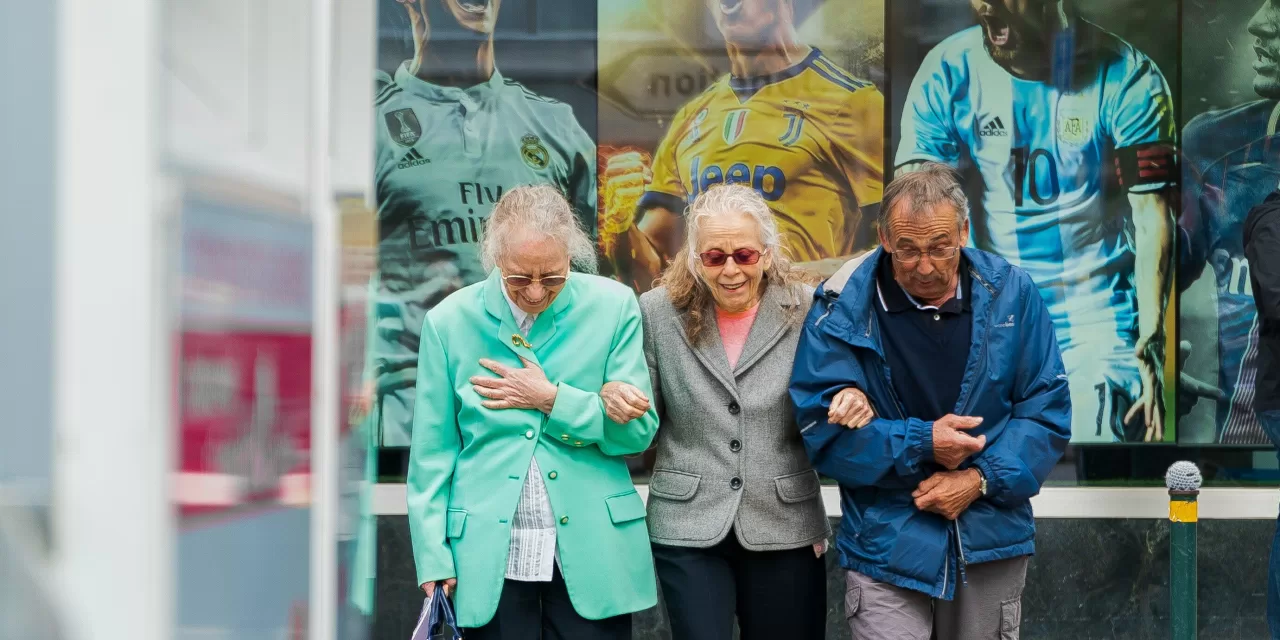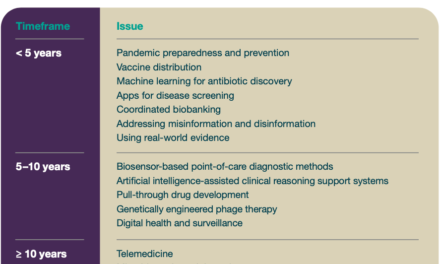November 28, 2024
As life expectancy rises across Europe, so does the need to confront ageist attitudes in healthcare. With Europeans living longer and fertility rates declining, the proportion of individuals aged 75–84 is projected to surge by 56.1% by 2050, while the population under 55 years is expected to drop by 13.5%. This demographic shift necessitates a reevaluation of how healthcare systems address aging and treat older patients.
Evidence of Ageism in Medicine
A growing body of research reveals ageism in healthcare practices, from treatment decisions to participation in clinical trials. A 2020 PLOS ONE review highlighted disparities in care, showing that older patients are often denied life-sustaining treatments and excluded from trials, even for conditions prevalent in later life, such as Parkinson’s disease.
Dr. Hannah Swift, a social psychologist at the University of Kent, attributes this trend to entrenched stereotypes. “In healthcare, ageism is embedded in institutional laws, rules, and practices. During the pandemic, these biases became glaringly obvious when age was used as a criterion for treatment prioritization,” she said.
Stereotypes about frailty and cognitive decline can also influence personal interactions. “Assumptions about health based on age can lead to patronizing behaviors or unnecessary assistance,” Swift noted.
Technology and Age Bias
Ageist attitudes extend to technology adoption in healthcare. Dr. Ittay Mannheim, a researcher at the Open University of the Netherlands, found that healthcare professionals often hesitate to offer tech-based treatments to older patients. “This stems from the belief that older adults cannot use or benefit from such technologies,” he explained, underscoring the need to challenge these misconceptions.
The Consequences of Ageism
Ageism has tangible effects on the well-being of older individuals. The PLOS ONE review linked it to worsened physical, mental, and social health outcomes globally, including 6.3 million cases of depression. Negative stereotypes can also discourage older adults from adopting healthier lifestyles, exacerbating health risks like cardiovascular disease.
Combatting Ageism Through Education
Experts agree that combating ageism requires targeted education and training. Dr. Mannheim advocates for workshops on ageism to help healthcare providers recognize and address their biases. “Even a single workshop can lead to profound realizations,” he said.
Dr. Swift emphasized the importance of viewing older adults as a diverse group. “Many older individuals live independently and are far from the stereotypes of vulnerability. Healthcare education must reflect this diversity,” she said.
A Call to Action
The growing aging population demands systemic change. Dr. Nena Georgantzi of AGE Platform Europe stressed the need for governments and institutions to uphold the rights of older individuals. “We cannot devalue lives simply because of age. Lessons from the pandemic must guide us to a more inclusive future,” she said.
As Europe continues to age, addressing ageism in healthcare is not just a moral imperative but a practical necessity. Ensuring equitable, respectful, and effective care for older patients is essential for fostering a healthier and more inclusive society.












